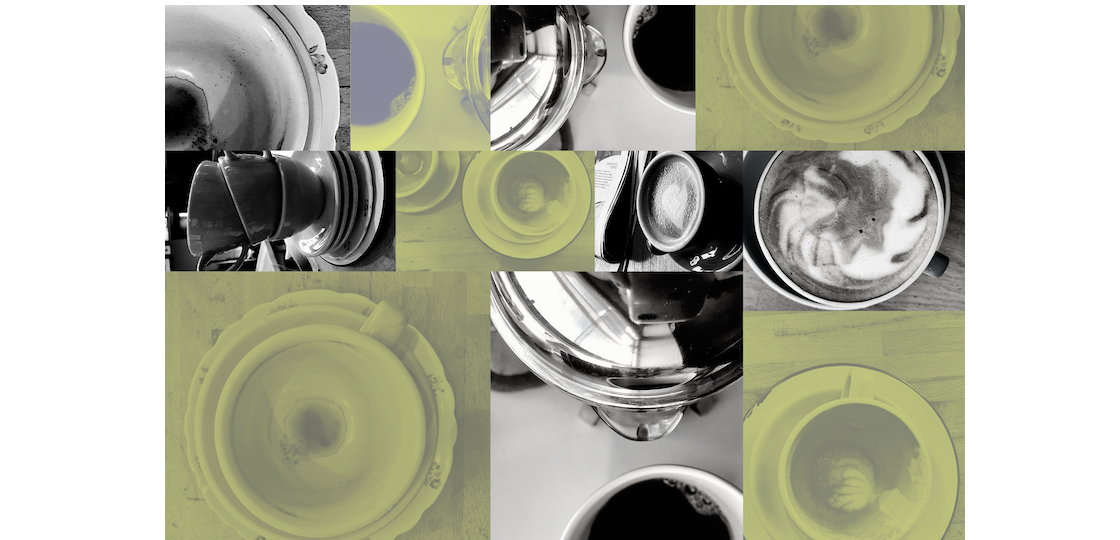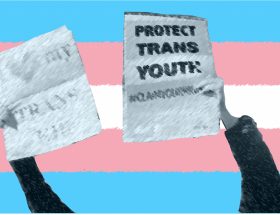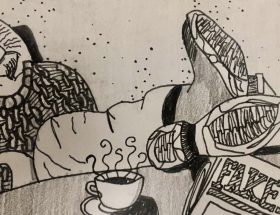16:00 on the clock; it seems to spark a ritualistic series of events. Footsteps sound, shuffling towards the kitchen, the hinges on the door echoing in the hallway in the silence of the summer afternoon. She fills the kettle with water and turns it on. Reaching up, on her toes, she pulls the large French press out of the top shelf of the oak wood cupboard.
I was sitting on the sofa by the window reading, and it began to pour. The plants in the balcony outside looked greener than ever, tiny water droplets on the leaves, some splashing off, others slowly dripping down, all the way across and then off. How did the rain in Delhi bring so much joy? When I’m back in Scotland, the rain seems like a burden and I long for the sunshine. But here, it’s a respite from the afternoon heat and it can make anyone smile. I opened the balcony door and stepped outside, letting my bare feet touch the damp marble floor. I could smell the wet soil, a hint of smoke from the man selling roasted corn cob under the blue tarpaulin across the road. He was there almost everyday. Usually in the monsoon there was a crowd of people surrounding him, craving the warmth of the spiced corn on a cool day, but in times like these barely one or two people stopped by. I couldn’t see his eyes, because he was shielding his head, but I could see the corn, uncooked, piles of it just lying there. Beside him, there was an old black transistor and he proceeded to turn it on. The rain was loud, but an old Bollywood melody sounded. It was a song about the weather. It was a song about laughing through the pain and enjoying the showers of rain.
The measuring spoon is a golden, cylindrical mouth with a long stem, making it easy to reach into the packet of coffee. It was a gift, came along with another similar-looking instrument to seal the packet of coffee. She can’t remember what it was called. The coffee was also a gift. Unclasping it, she reaches in with the spoon, a strong aroma filling not only her nostrils, but her entire mind, and reaching all the way into her chest, to the heart.
This is the longest stretch of time I’ve been home since highschool ended two years ago. Amidst the outer chaos, there has been time to think, time to look, time to do, time for things I always complain I don’t have time for. At times, I get preoccupied with the rain, the way it smells and sounds. At other times it is the afternoon light falling onto the white walls, a rediscovering of shadow puppets, contorted fingertips, trying to catch the sun rays in between.
When was the last time you stopped, just to look at the world around and take it in? When was the last time you had time to think? Time to think about the person you passed on your morning walk. Time to think about the meaning of the sigh your friend breathed at the end of your phone call. If we spend just a little time looking, taking our surroundings in, we will discover so many untold stories, never narrated, but only signaled through symbols and small gestures.
The bubbling is getting louder, the kettle goes off and a string of vapour escapes the small metallic mouth, dancing in circles, ripples and twirls. She gradually pours the water into the French press, in slow circular motions, just about submerging the coffee and then quickly putting the lid on, and letting it steam for some time. It’s supposed to infuse the flavour of the coffee better, but it’s hard to tell if it changes anything. She does it anyway.
In these months, life seems to have turned upside down. The changes are more drastic, threatening and painful for some. While we’ve all been confined to our homes, home seems to have different meanings. And what about those who don’t have a home? Where have they been confined to? Standing on the sidelines, as spectators to thousands of deaths, some of us watching the numbers on our screens, others more closely, the passing of loved ones.
A couple of minutes, the lid is removed. The rest of the boiling water is poured, in slow, circular motions. Filling it right to the brim, she covers it again, grabbing a ceramic mug from the drying rack; both go into a colorful wooden tray, placed in the living room, on the sofa near the window. Outside the window, the sun is still up in the sky, a light breeze blowing. The leaves on the old Peepal tree occasionally break into a soft shimmy.

Someone once told me, that from the moment we start a relationship with someone, a family member, a friend, a lover: the moment we start loving them in any capacity, a fear and prospect of life without them, a fear of life after their death, is born within the corner of our minds, even if we don’t know it. Even if we refuse to acknowledge it. Our life then, is spent creating memories that will live to remind them or us of our time together when one of the two cease to exist. I don’t remember who told me this, but I probably should.
A couple more minutes, and the press is pushed, all the way down. The ground coffee settles at the bottom. Poured out from the small glass mouth, into the white ceramic cup. Then a soft blow, a sip, slurp, a gulp.
Grief is defined as a state of sorrow caused by someone’s death. Sorrow is not always represented through tears. Sometimes, sorrow means silence. No words spoken, no explanations, no expression of emotions. What do you say to someone who is grieving, when you’ve never experienced grief before? What does it mean to be a good friend, be supportive, be there? What is the right thing to do, the right thing to say? Or not to say? Are any words enough, at a time like that? Does it get better with practice? Do you know the right words when you’re older? When more people around you experience grief, and at some point, you do too?
Every afternoon at 16:00, for the past six months, she’s made a cup of black coffee. The one string of consistency amidst this chaos. Ten minutes to reflect, ten minutes to think, ten minutes to observe, ten minutes to stay silent and listen. Ten minutes for everyday moments, thoughts that are never spoken of.
Art by Ananya Jain




